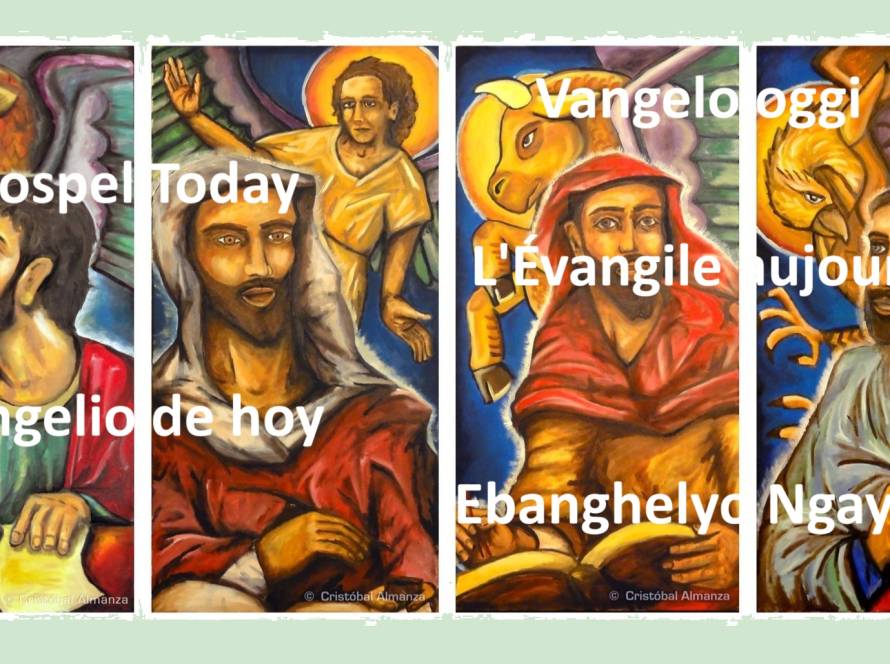Some of Jesus’ actions are more powerful than his words. One of these is the washing of feet.
Silence must have fallen in that upper room. Jesus offers them an aperitif made up of gestures they will never forget.
But on the margins of this scene, today’s Gospel tells us how Jesus emphasizes what he has done: “A servant is not greater than his master, nor is a messenger greater than the one who sent him. Knowing these things, you are blessed if you do them” (Jn 13:16-17).
The value of the example he gave must become a constant in us who are his disciples. Learning to serve is not beyond our dignity. Washing the feet of our brothers and sisters does not diminish who we are, but rather shows it.
And serving does not mean washing only the feet of those we love.
It does not mean washing only the feet of those who love us as John did.
It means learning to wash the feet of Judas as well, because true freedom is ceasing to become a mirror of those we encounter. It is all too easy for us to use the same currency as the people we deal with, and we often use evil against those who have done us wrong and good against those who have done us good.
But what difference is there between us and those who have not encountered Christ?
Jesus also warned us against such a practice: “Do not even pagans do that?” (Matthew 5:47).
We therefore need a “difference,” a different way of living, choosing, and acting.
We will continue to love even when we are kneeling before ingratitude, before those who betray us, before those who do not understand us. We will continue to love despite everything. We will continue to love against all hope.
We will love as Jesus did, even forgiving those who crucified him.
We are free when we love in this way, not when we love out of reaction. In this sense, Judas is not a loser or a bit player who fulfilled the scriptures.
Judas was loved with the same intensity as the beloved disciple.
He did not sin because of a lack of love, but because of his own free choice.
(Painting: The Washing of Jesus’ Feet – Bernardino Campi 1569)


